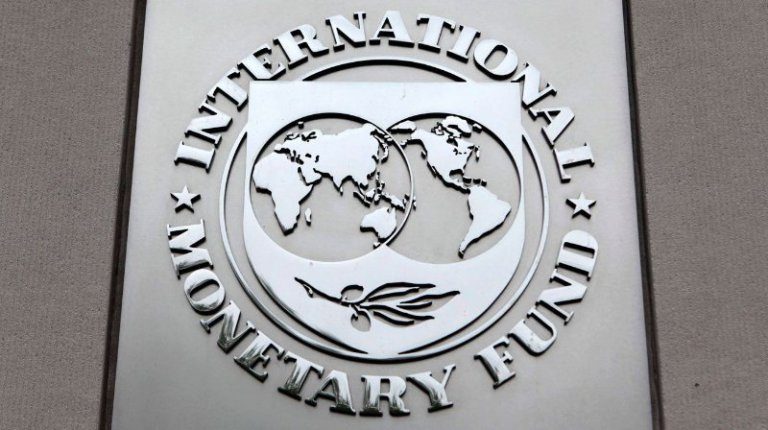
Egypt received the first $1 billion tranche of a three-year $3 billion loan from the World Bank to fund government plans to boost growth, according to Bloomberg.
Egypt’s Minister of International Cooperation Sahar Nasr said in an e-mailed statement that the money will be used to “create jobs and improve citizens’ living standards.”
The minister said that the government is already working on finalizing the second tranche from the World Bank, as well as from the African Development Bank.
Egypt is also working to secure a $12 billion loan from the International Monetary Fund, part of an overall $21 billion over three years to fund measures to restore investor confidence and revive Egypt’s wrecked economy that has struggled to revive.
Last month,Egypt’s finance minister said in a television interview that Egypt’s external debt would reach $53.4 billion if it received an international Monetary Fund (IMF) loan.
The Egyptian economy has been struggling as it faced one of its harshest downfall in its history. It suffered from shortage of foreign currency due to the withdrawal of tourism and foreign investments which were among the main sources of foreign currency.
Moreover, the shortage of foreign currency has led to unprecedented rise of the dollar exchange rate relative to the Egypt’s currency. Net international reserves dropped to $15.5 billion in July, the lowest level in 16 months.
The Central bank of Egypt(CBE) has devalued the Egyptian pound last March with amid speculation of another devaluation in the coming period.
Many economic experts believe that there are negative impacts for the loans that will accumulate debts on the Egypt.
Amr Adly an expert in Carnegie said that for the IMF loan will cover current payments as the public deficit and the dollars’ shortage crisis which are all items without revenues and this strategy will enter the country in a borrowing loop in order not to get bankrupted. He said that it is similar model to what is happening in Greece.
Wael Gamal-an economic expert-said that Egypt will pay an expensive price in the future with the increase in the public and foreign debt and the absence in the foreign currency sources.
In the same context, Ehab Saeed -a financial analyst – said that there are negative impacts to the IMF loan as the increase in the debt. He also added that there will be other effects on the social level as the government will most probably adopt austerity policies some will be related to the wages after the adoption of the civil service law that will lead to a strong wave of inflation.
Moreover, the economic expert and counselor Ashraf Dawaba said that the new loan will enslave Egypt as it will lead to floating the Egyptian currency, increasing the interest rate, and the inflation rate. He also added that it will decrease the wages, the subsidies on the fuel, but the taxes will increase. As a result, the IMF policies will ruin the Egypt’s fortunes, he said.



